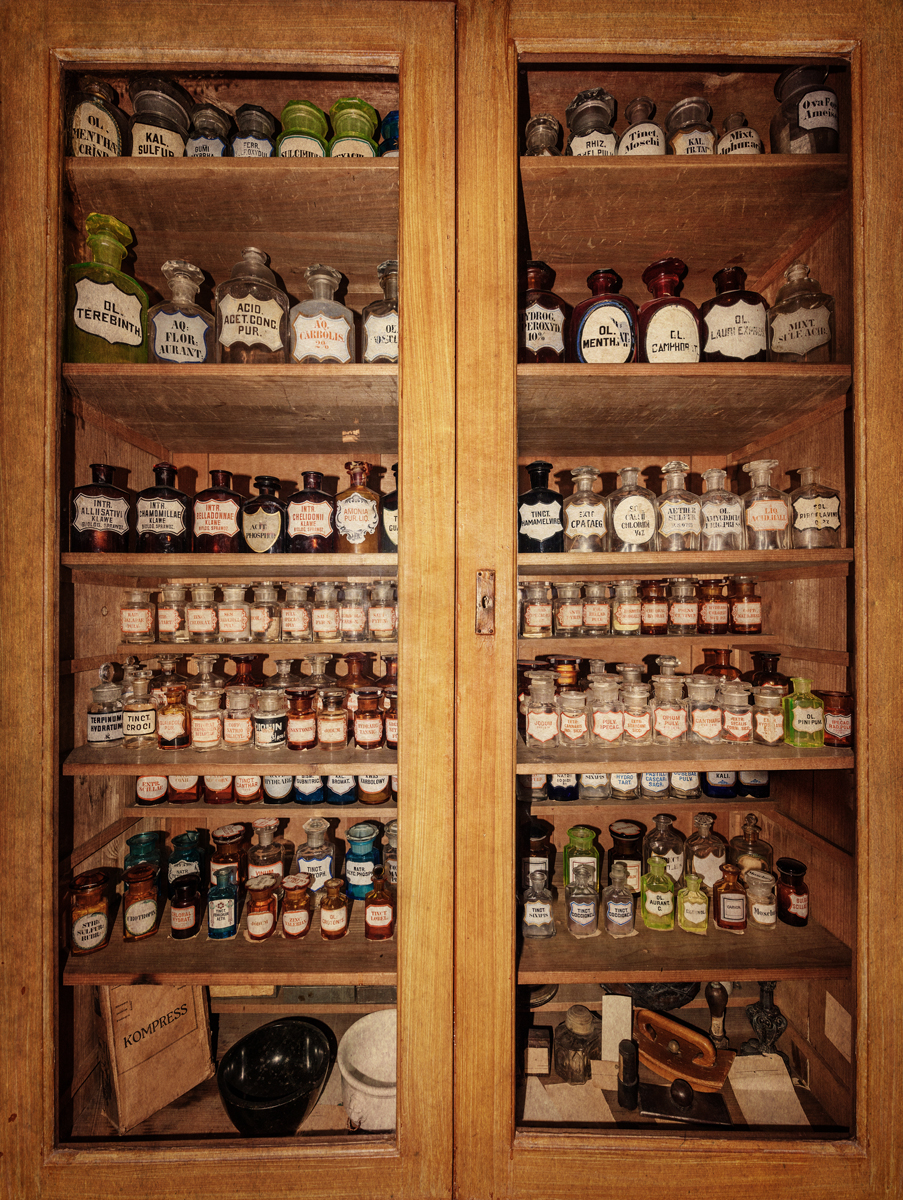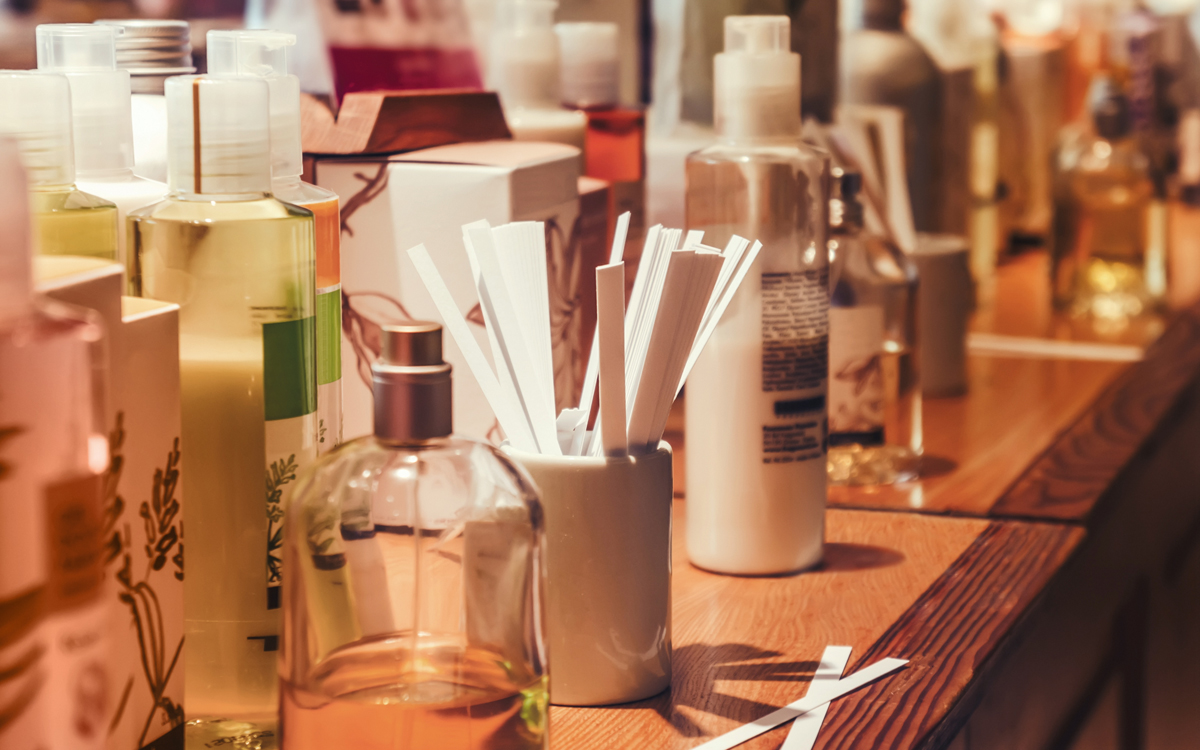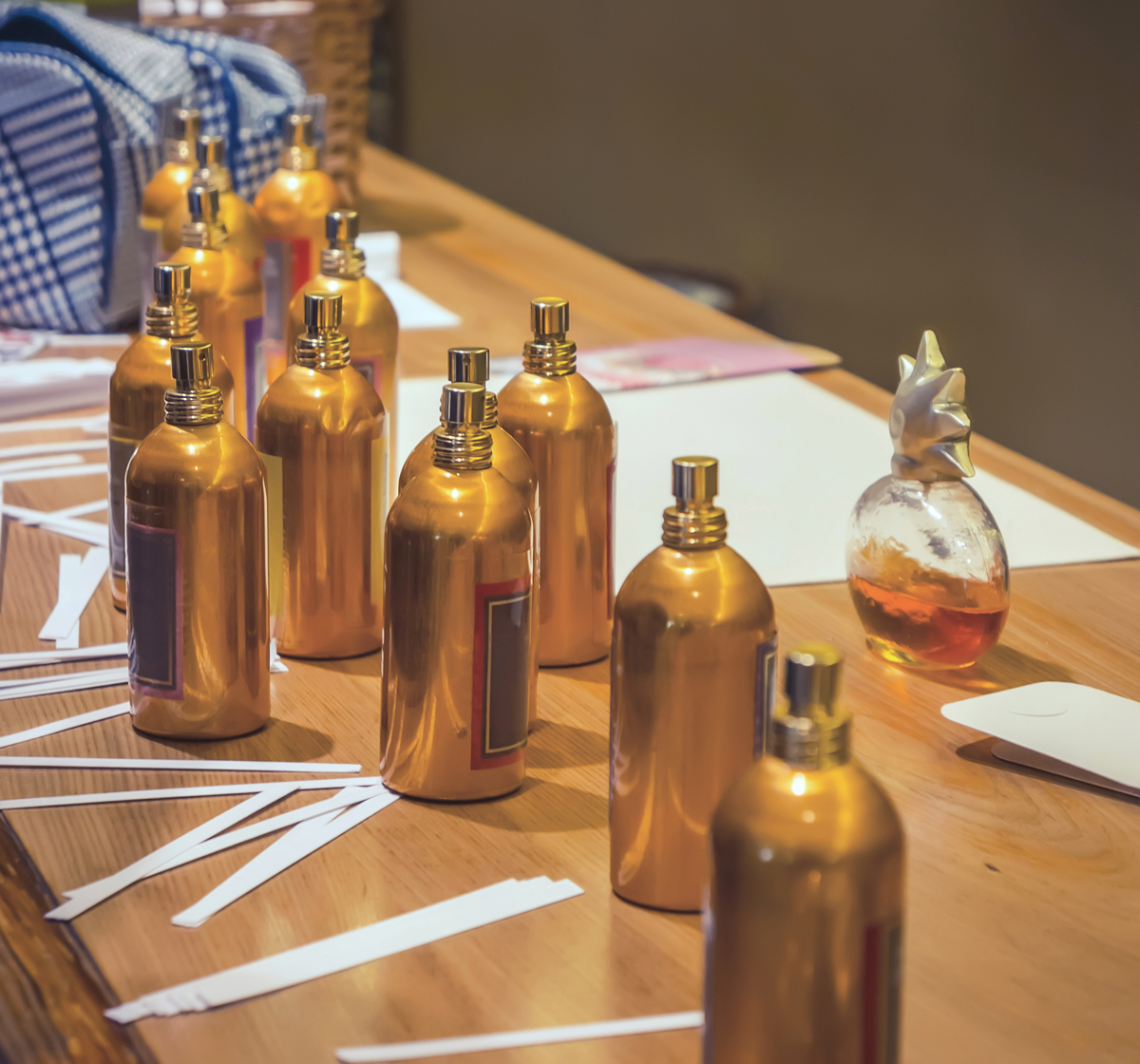Why fragrances?
Why not? Fragrances are fresh, fashionable, culturally rich, stylish, personal and very romantic.
Fair enough. Traditionally, perfume and fragrances have always done well in the Middle East. Why is that?
Unlike other regions and cultures, fragrances are not an accessory for us. They are an integral part of our culture, religion and daily norm. A traditional practice in the Middle East for fragrance lovers is called the ‘layering effect’ where they wear around 3-7 different fragrances at a time. The main reason for this layering is to create his or her own recipe of fragrance that cannot be revealed or discovered by anyone. This not only entices fragrance buyers to experiment but also impacts big way to the innovation and versatility of the Arabian fragrance industry. Not to mention its effects on the ambitious sales numbers of the Middle Eastern market.
But when it comes to the senses, there doesn’t seem to be much emphasis on smell. Taste, touch, vision – these seem more important. Where does scent come in?
I disagree. Before you taste, touch or see, your sense of smell takes over. In fact, aroma triggers the maximum number of cells in our brain. When we smell a particular fragrance or aroma, it reminds us of the circumstances we were in, while experiencing that particular smell. Marketers across the globe understand and appreciate the power of smell, and that is the reason we are seeing fragrances being used in everything from food, to cleaning, to hotels and airports, and even detergents.

So how do you translate a concept or an idea into a smell?
Fragrance is an extremely personal thing. To smell is a technical and complicated journey – and a multi-billion dollar business internationally. This manifests itself in the experts and professionals who create these magical combinations of scents. They do the work and put together a fragrance around a target segment.
Do fragrances follow trends like in the fashion industry?
Absolutely. There have been times where floral, fresh and light fragrances were all the rage. Currently, oriental notes have taken over in most top international brands.
So oriental flavours are currently ‘on trend’?
It’s more about mixing and matching now. Oriental, leather, vanilla and rose are the latest trends. But this also changes with your environment. Weather impacts heavily on fragrance trends. Hot humid and sunny climates have different trends than cold, rainy and cloudy ones. As a general trend, strong and oriental fragrances are in. Western fragrance trends have been floral, fresh and fruity. But with Middle Eastern tastes, oriental, woody, oud and bakhour are the basic notes of the olfactive family.

With internationalization of fragrances, these boundaries seem to be eliminated. In the past, there was a dominance of western taste internationally, even in the Middle East. But this has definitely changed now. Western consumers are intrigued about oriental notes and eastern trends now more than ever. Most of the global and multinational brands are adopting oud, bakhour and our fragrances. This gives those brands leverage into new markets, and most are doing well in the Middle East as a result.
The luxury industry had a bumpy 2016. Has that affected fragrances as well?
Yes, the luxury and beauty category as a whole has gone through a bumpy phase, and unfortunately it’s not over. But I believe the worst is over, and that we are on the way to recovery. With global economic recession and fluctuation of oil and currency, the luxury market has taken a hit. However, the smart brands are ones that adopted intelligent marketing techniques. Internationalisation is the key. Today’s fragrances buyer is no more a local or regional buyer. Consumers compare prices internationally and e-commerce, with online accessibility, has changed the way we make purchase decision forever.

There have been some very successful smaller, more niche brands – especially in fragrances. Are people turning their backs on big-label fashion brands come perfumers?
In my opinion, this is the future of the fragrance business. As I mentioned, fragrance is an extremely personal product, and exclusivity and personalisation is the way forward. We have a few remarkably niche brands around the world that work on both quality and quantity, with an amazing bottom line. While I don’t think that consumers are turning their backs to brig brands, I do think that there is huge potential for niche or exclusive fragrance brands. Tailor-made fragrances that are bespoke, for example, is an exciting new product category.

